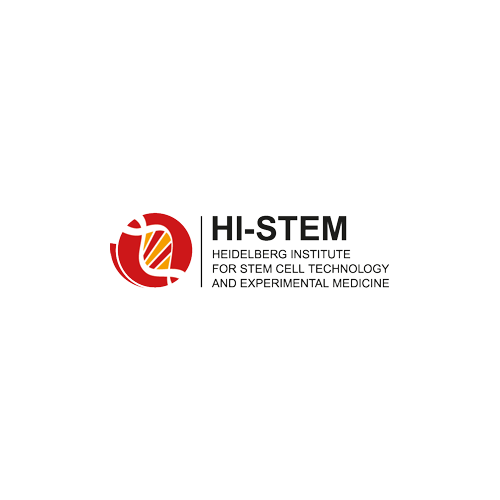Stem cells are essential for maintaining regenerative tissues and are critical components of repair in response to tissue injury and infection. Moreover, genetic alterations of stem cells and their progeny can lead to the generation of leukemic and solid cancer stem cells (LSCs & CSCs) that drive tumorigenesis and metastasis in hierarchically organized cancer entities. Due to their remarkable resistance to chemotherapy, LSCs are responsible for tumor re-occurrence and therapy resistance.
HI-STEM gGmbH is a non-profit public-private partnership between the German Cancer Research Center (DKFZ) in Heidelberg and the Dietmar Hopp Stiftung. HI-STEM performs cutting-edge research on normal and malignant stem cells with the aim of translating these results into novel clinical applications. This includes the development of novel diagnostic tools and innovative therapies to monitor and target leukemic and solid tumor stem cells as well as metastatic disease. HI-STEM was founded in 2008 and is located on the fourth floor of the main building of the DKFZ.
We are an international team of more than sixty scientists, including group leaders, postdoctoral fellows, PhD, MD and MSc. students as well as technical staff. This research team focuses on three major topics and is directed by the managing director of HI-STEM, Professor Dr. Andreas Trumpp, as well as seven additional group leaders.
We perform fundamental and translational cancer research using state-of-the-art technologies, including omics analysis (epigenome, methylome, transcriptome, proteome), gene editing, single cell technologies and advanced microscopy in vitro and in vivo. We also use genetically engineered mouse models, primary clinical samples, patient derived xenografts and primary cells and organoids derived from these to mechanistically identify the basis of self-renewal and leukemia stem cell function. For leukemias we have the goal to develop innovative strategies to detect and target leukemic stem cells in primary disease as well as in minimal residual disease and relapse.
Researchers at HI-STEM are working in close collaboration with clinical colleagues of the University Hospitals in Heidelberg and Mannheim as well as with the National Center for Tumor Diseases (NCT) in Heidelberg and members of the German Cancer Consortium (DKTK) as well as international collaborators. In addition, HI-STEM collaborates with various biotechnology and pharmaceutical companies to investigate and develop novel strategies to push forward the development of new drugs and effective treatments for different types of cancer and to promote their clinical application.

